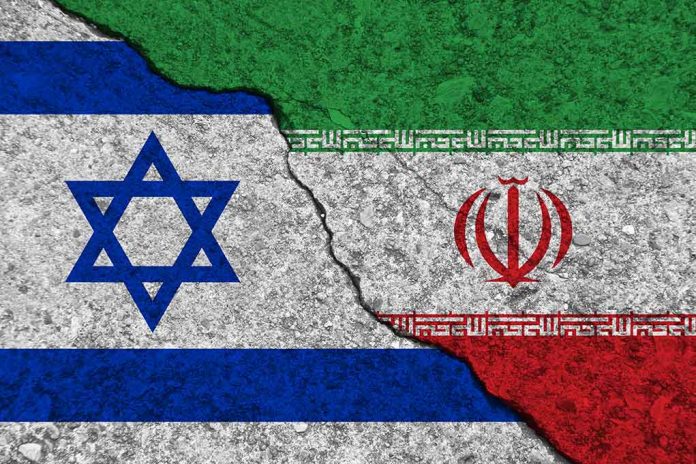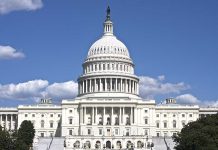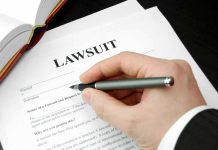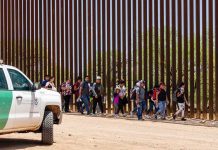
Hezbollah’s recent attack on an Israeli military site near Safed has sparked fears of a renewed conflict, challenging the fragile peace in the region.
At a Glance
- Hezbollah’s first attack since the ceasefire began questioned regional stability.
- The ceasefire aimed to end violence, but accusations of breaches persist.
- Hezbollah targeted Kfar Shouba, a contentious area at the Lebanon-Israel border.
- The international community urges adherence to the ceasefire agreement.
- Monitoring committees are in place to address ceasefire violations.
Hezbollah’s Attack and Regional Unrest
Hezbollah has claimed responsibility for attacking an Israeli military location near Safed, marking the first such assault since a ceasefire came into effect. This aggressive act poses a significant threat to the truce intended to halt the prolonged conflict recently plaguing Lebanon and Israel, which has resulted in extensive casualties and displacement. Concerns of potential escalation arise as regional hostilities reignite amidst growing tensions.
The ceasefire, effective since Wednesday, was a pivotal step toward peace. Nonetheless, Israeli strikes reportedly targeted entities accused of truce violations, further complicating the fragile ceasefire terms. Lebanon has levied allegations against Israel for ceasefire breaches, while Israel maintains it is merely responding to Hezbollah’s provocations, asserting, “We hear claims that Israel is violating the ceasefire understandings in Lebanon. On the contrary! Israel is enforcing them in response to Hezbollah’s violations, which demand immediate action.”
The Geopolitical Impact and Responses
The attack by Hezbollah on the Israeli position in Kfar Shouba exacerbates existing regional tensions, raising questions about the ceasefire’s liability. The Israeli military has confirmed Hezbollah fired two projectiles towards Har Dov, an area more commonly known as Shebaa Farms. In response to the attack, French Foreign Minister Jean-Noel Barrot has reiterated the importance for all involved parties to honor the ceasefire and avert an escalation that would impact regional security further.
Israeli airstrikes have intensified as part of broader military operations aimed at safeguarding Israel’s northern border against Hezbollah. The ceasefire agreement mandates Hezbollah withdraw its fighters and dismantle its military infrastructure south of the Litani River, while the Lebanese army and UN peacekeepers are to take over the peacekeeping duties in southern Lebanon.
International Involvement and Truce Monitoring
The ceasefire’s stability is monitored by a committee comprising France, the United Nations, Israel, Lebanon, and is chaired by the United States. The committee’s primary role is to oversee adherence to the ceasefire terms and address any violations. Launched amidst a complex geopolitical backdrop, the success of this ceasefire holds significant ramifications for the
Sources:
Hezbollah claims first attack against Israeli position since start of truce
Hezbollah attack draws Israeli strikes on Lebanon, killing 11 people and testing ceasefire’s limits
Hezbollah attack draws Israeli strikes on Lebanon, killing 11 people and testing ceasefire’s limits













